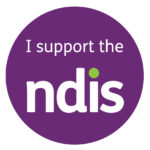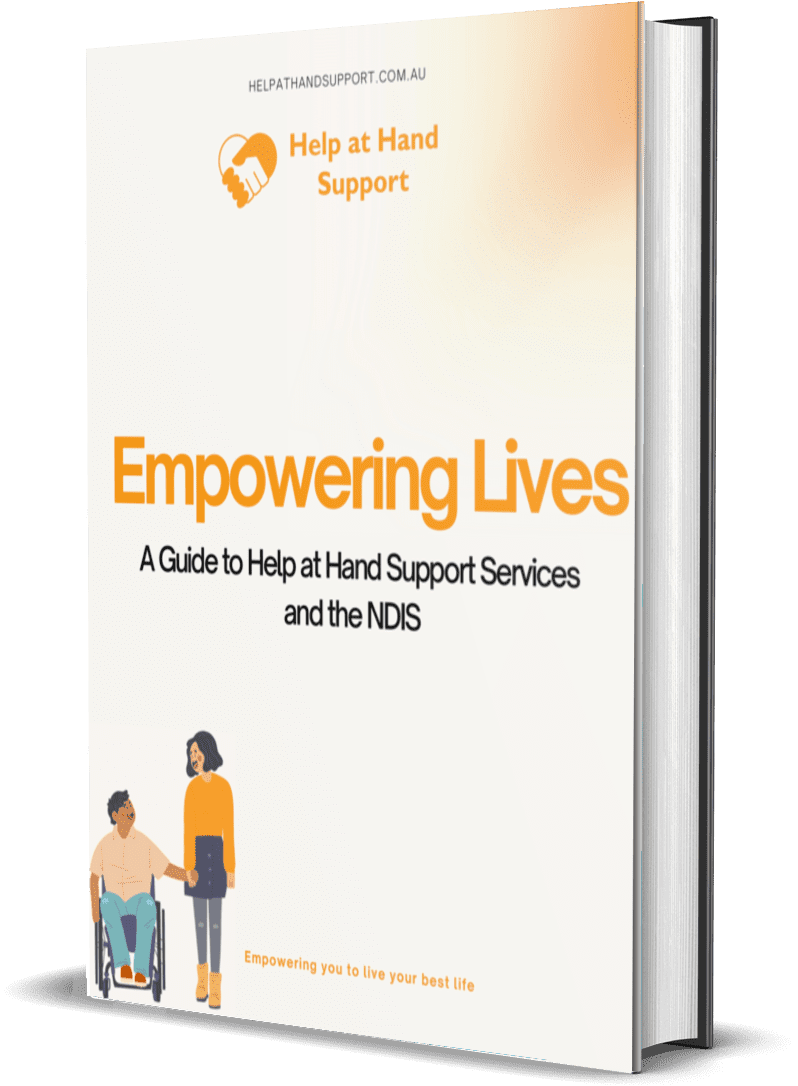The New NDIS Laws – Changes you should know about
The new NDIS law has just passed parliament (the National Disability Insurance Scheme Amendment (Getting the NDIS Back on Track No. 1) Bill 2024). This law will change the way the NDIS operates.
Some of these changes will come into effect from October 3rd, 2024, whereas others will be phased in over a longer timeframe.
Keep in mind, there are still lot of unknown details about how the NDIA will implement the law.
What does this actually mean for participants?
It means they may see changes in:
- how their eligibility is assessed .
- the supports that can be funded by the NDIS (the lists).
- how their plans are managed.
- how their funding is allocated and needs to be spent.
- requirements for information gathering for eligibility reassessment.
A summary of the key changes that will occur in October are:
- NDIS Support Definition: The NDIS Bill is introducing a new, clearer definition of NDIS supports. This will impact access decisions and plan development.
- Access Criteria: Applicants will need to demonstrate that they require NDIS supports for their lifetime, not just for a specific period.
- Framework Plans: The Bill distinguishes between “new” and “old” framework plans. New plans will be based on a needs assessment, while old plans will be reassessed.
- Support Funding: The definition of NDIS supports will replace the “most appropriately funded by the NDIS” criterion in determining reasonable and necessary supports.
- Notice of Impairment: The NDIA will provide a ‘notice of impairments’ to participants, this will state what impairments the person has met the access criteria for.
- Change of situation: Under new framework plans the NDIA will be able to determine when a person can request more funding in the middle of the plan. In future, the NDIA will only be able to add more funding to a plan in only very specific situations.
- Compliance: The NDIA will have new compliance tools to deal with situations where a person spends their funds on non-NDIS supports or not in accordance with their plan.
- Revocation: The NDIA will be able to request information or an assessment to determine a person’s ongoing access to the Scheme. If the person doesn’t provide it within the set timeframe the NDIA may choose to revoke the person’s access to the Scheme.
- New claims and payment framework: Providers will need to make claims within two years.
Overall, these changes aim to improve clarity, efficiency, and accountability within the NDIS system.
Detailed list of the changes as set out in the new law:
- NDIS Supports: A definition of “NDIS supports” is introduced, specifying that these are supports funded by the NDIS and recognised under NDIS rules. Participants can request to substitute non-NDIS supports in specific cases, allowing them to claim and use those supports.
- Limit on New Access Requests: If your NDIS participant status is revoked and you’re requesting a review, you cannot submit a new access request until the review is completed.
- Separate Pathways: When applying for the NDIS, the NDIA will assess whether you meet the disability, early intervention, or both requirements. This change creates new participant pathways, such as for those who benefit from early intervention.
- Disability Requirements: The disability requirements clarify that a person should only access the NDIS if they need support specific to NDIS services. This helps distinguish when other systems (mainstream services) are responsible for providing support.
- Early Intervention Requirements: Early intervention requirements have been updated to state that only those needing NDIS-specific supports should access the NDIS. This also clarifies when mainstream services are responsible for providing early intervention.
- Supports for Impairments: The NDIS will only fund supports related to the impairment(s) that you were approved for when you accessed the NDIS.
- Information for Revoking Participant Status: If the NDIA is considering revoking your NDIS status, you may be required to provide specific information or undergo assessments. Refusal to comply within a set timeframe could result in the loss of NDIS access.
- Eligibility Reassessment: Rules may require certain groups (e.g., children turning 9) to undergo eligibility reassessments in certain circumstances.
- Impairment Notices: Participants will receive an impairment notice, listing the impairments that qualify them for disability or early intervention support when they access the NDIS or transition to new framework plans.
- New Planning Framework: A new planning framework will create a flexible budget based on a support needs assessment, determined through a new budget method.
- Support Needs Assessment: Participants will undergo a needs assessment that captures their full disability support needs. NDIS funding will cover supports that arise from the impairments that qualify them for NDIS access.
- Total Funding Amounts and Periods: Plans approved under the new law will specify total funding, how much is allocated for different components, and how long the funds are expected to last.
- Plan Management Decisions: The NDIA can change your type of plan management if it’s determined that you, your nominee, or plan manager are not appropriately managing your NDIS funds, in line with your plan.
- Claims and Payments Framework: A new legislative framework clarifies how NDIS claims and payments should be made.
- Plan Variations: Certain changes can be made to your plan without creating a completely new plan.
Other Resources
As other changes to the legislation come into effect, there will be more changes. To view up to date information, you can visit this page, which will progressively update as changes come into effect.
There is a lot to take in, and change is never easy.
If you, or someone you know feel unsure about these changes, please reach out to our friendly and knowledgeable team who are here to support you and answer any questions and concerns you may have.
To start services with Help at Hand Support, Contact Us.
Check out more from our Blog
Book A Care Consult
We will be in contact with you shortly







